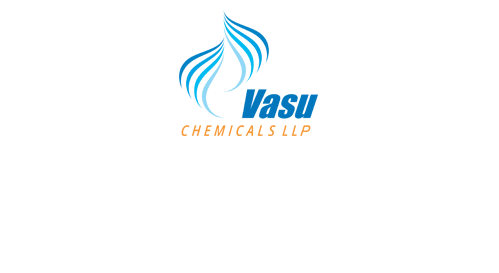Corrosion Inhibitors are designed for prevention of metal loss in pipelines, headers, critical heat transfer equipment and cooling equipment.
VASU has a wide range of both anodic and cathodic inhibitors that are specifically formulated to passivate the metal by reducing the corrosion potential. Some of the chemistries frequently incorporated in the products are based on
- Orthophosphates
- Meta/Poly Phosphates
- Phosphonates
- Zinc
- Molybdate
- Nitrite
- Silicates
- Azoles
Due to the many impurities in water, there are possibilities of reduced heat transfer, corrosion, restriction in water throughput and equipment downtime. Tailor made specific scale inhibitor programs are extremely critical for scale and fouling control as well as mineral scale prevention.
Scale/Deposit control agents are also known as dispersants, hardness stabilizers or antifoulants and they work on the following principles
- Crystal Modification
- Threshold Treatment
- Agglomeration of Solids
- Prevention of accumulation on critical surfaces
VASU has a comprehensive range of polymers, polyphosphates, and organic phosphates to control deposits and scale formation.
Cooling towers are susceptible to microbiological activity due to the open design and exposure to sunlight. Algae, bacteria, SRB’s and fungi thrive in cooling towers as they have an ideal environment. Inadequate control of microbiology also leads to formation of biolfilm, which is 2.5 times more potent than mineral scales in impairing heat transfer.
VASU technical experts do a complete micro study for identifying organisms and evaluate chemistries to adopt a high-kill program. Continuous monitoring of bacterial counts along with visual inspection by VASU site staff is a standard process at each customer’s site.
The 3 main product solutions used for microbiological control are
- Oxidizing Biocides
- Non-oxidizing Biocides
Oxidizing biocides commonly used are
These kill microorganisms by the electrochemical process of oxidation.
Non-oxidizing biocides commonly used are
- Quaternary ammonium compounds
- Carbamates
- 2,2, Dibromo-3-nitrilopropanamide (DBNPA)
- Glutaraldehydes
- Methylene BisIsothiocynate (MBT)
- Isothiazolines
- And many more….
Non-oxidizing biocides kill microorganisms by disrupting the cell wall or preventing reproduction/respiration of the cells.
Biodispersants are used as penetrants into biofilms so that the biocide molecule can kill the microorganism on the metal surface.
Some commonly used biodispersants are
- Polyamines
- Ethoxylated Condensates
Our comprehensive range of innovative chemistries include a range of corrosion and scale inhibitors, biodispersants and microbiocides, which ensure the following benefits for your system
- Clean heat transfer surface
- Reduced water usage
- Reduced maintenance costs
- Decreased operating costs
- Improved safety and minimized risk


 Cooling towers are used widely due to their optimal cooling technology for industrial processes and HVAC applications. Water shortages combined with increased water usage have combined to decrease the availability and increase the cost of high quality makeup water for cooling tower systems. Stringent environmental regulations for effluent water discharge have led to a pressing need for better technology and products. This coupled with the control of scale, biological fouling, deposition and corrosion has increased the challenges in the proper operation and maintenance of an effective cooling water system.
Cooling towers are used widely due to their optimal cooling technology for industrial processes and HVAC applications. Water shortages combined with increased water usage have combined to decrease the availability and increase the cost of high quality makeup water for cooling tower systems. Stringent environmental regulations for effluent water discharge have led to a pressing need for better technology and products. This coupled with the control of scale, biological fouling, deposition and corrosion has increased the challenges in the proper operation and maintenance of an effective cooling water system. 